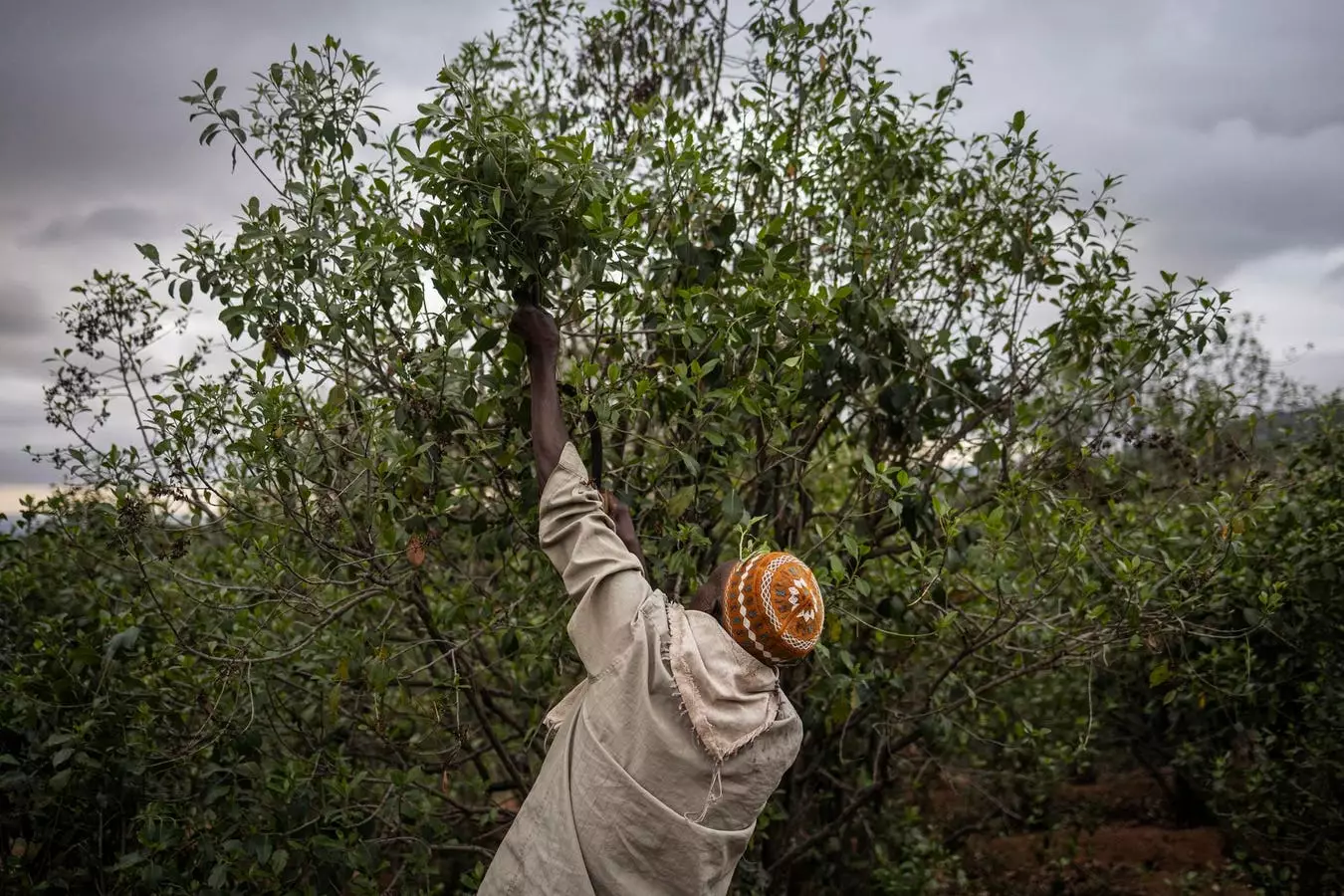As I prepare to participate in the upcoming U.N. Food Systems Summit Stocktake in Addis Ababa, I am struck by a profound realization: the global conversation on food systems has reached a pivotal crossroads. Despite the increasing prominence of food security and sustainability on international agendas, progress remains painfully slow and uneven. This moment demands not only reflection but bold reevaluation of strategies and priorities. We are living through a critical juncture where incremental progress is no longer enough; transformative action is imperative. The question is: how can we turn the tide and ensure that our collective efforts truly make a difference?
History shows that global initiatives often falter when they become overly bureaucratic or disconnected from grassroots realities. The Stocktake’s goal to unify governments, civil society, and the private sector is commendable, but only if it genuinely recognizes the diverse voices and on-the-ground experiences that shape food security worldwide. Without sincere inclusivity, the risk is that policies will remain abstract, detached from the needs of smallholder farmers, indigenous communities, and marginalized populations who are most affected by systemic failures. The challenge lies in fostering an environment where these essential voices are not only heard but also embedded into decision-making processes at every level.
The Dangerous Gap Between Policy Promises and Ground Reality
Despite the rhetoric of global leadership and ambitious commitments, a concerning disconnect persists. Promises made at forums like the UNFSS are often overshadowed by funding gaps, policy inertia, and corporate interests that sometimes prioritize profit over people. For instance, prominent organizations such as the Civil Society and Indigenous Peoples’ Mechanism have withdrawn from the Stocktake, citing a troubling neoliberal bias that favors corporate influence over human rights. Their withdrawal underscores a vital truth: without confronting the power imbalances embedded within the current food system paradigm, any progress remains superficial.
This raises a fundamental question: can global forums be truly transformative when they fail to prioritize those most directly impacted? Too often, policies are crafted in boardrooms or international offices, disconnected from the realities experienced by farmers, fishers, and local communities. The inability to effectively address ongoing conflicts, land grabs, and climate-related disasters reveals a grim reality—a system that talks about sustainability but often neglects the urgent needs of the most vulnerable.
To bridge this gap, global initiatives must embrace a radical shift: foregrounding local knowledge and community-led innovations. The real state of our food systems can only be understood and improved through the lens of those who live and work in them every day. This acknowledgment alone is a powerful act of respect and recognition, embodying a shift from top-down policymaking to a participatory, inclusive approach.
Lessons from the Ground: The Power of Local Knowledge and Community Resilience
My upcoming journey around Ethiopia encapsulates this philosophy. I am calling it “ground-truthing”—a term that may sound simple, but encapsulates the essential truth: real change arises from listening directly to communities. These are the places where resilience is built daily—where farmers innovate ways to adapt to climate change, where indigenous practices preserve biodiversity, and where local organizations forge pathways to food sovereignty despite external pressures.
Ground-truthing reveals a pattern of resilience that is often invisible in top-down narratives. It exposes the gaps in aid, the failures of policy, and the innovative solutions that never receive the support they deserve. For example, local farmers are experimenting with agroecological techniques that enhance soil health and water retention, offering a blueprint for sustainable agriculture that doesn’t rely solely on chemical inputs or corporate-controlled seeds.
In Ethiopia, and similar regions worldwide, the fight for food sovereignty is intertwined with battles against multilateral aid diminishment, land dispossession, and climate destabilization. These communities are not passive recipients of aid; they are active agents of change. When policy makers and global leaders recognize this, our collective capacity to transform food systems expands exponentially. It means investing in local capacities, respecting indigenous knowledge systems, and creating platforms for these voices to be part of the global dialogue.
Transformative Action Demands Courage, Commitment, and Authentic Collaboration
The path toward meaningful change is fraught with challenges, but also immense opportunity. Achieving the U.N.’s Sustainable Development Goals by 2030 is a shared global responsibility; yet, it requires courageous leadership willing to redefine success. That success cannot only be measured by yield increases or short-term economic gains, but by the genuine empowerment of communities and the creation of resilient, equitable food systems.
This entails a fundamental transformation—where public and private sectors forge authentic partnerships rooted in shared values rather than mere profit motives. Capital investment must shift gears from low-risk, short-term profit strategies to innovative financing models that prioritize sustainability and social impact. Governments must back bold policies with tangible funding and political will, moving beyond superficial commitments to real accountability.
When we rethink our approach to food systems—embracing community wisdom, supporting sustainable practices, and fostering inclusive collaborations—we ignite a powerful movement toward hope. No longer can we afford to ignore the insights and innovations born from the ground up. The extraordinary solutions are out there; they flourish in the fields, forests, and fisheries of the communities that depend on them. What remains is our collective willingness to listen, learn, and act decisively to rewrite the narrative of global food security into a story of resilience, justice, and enduring hope.


Leave a Reply